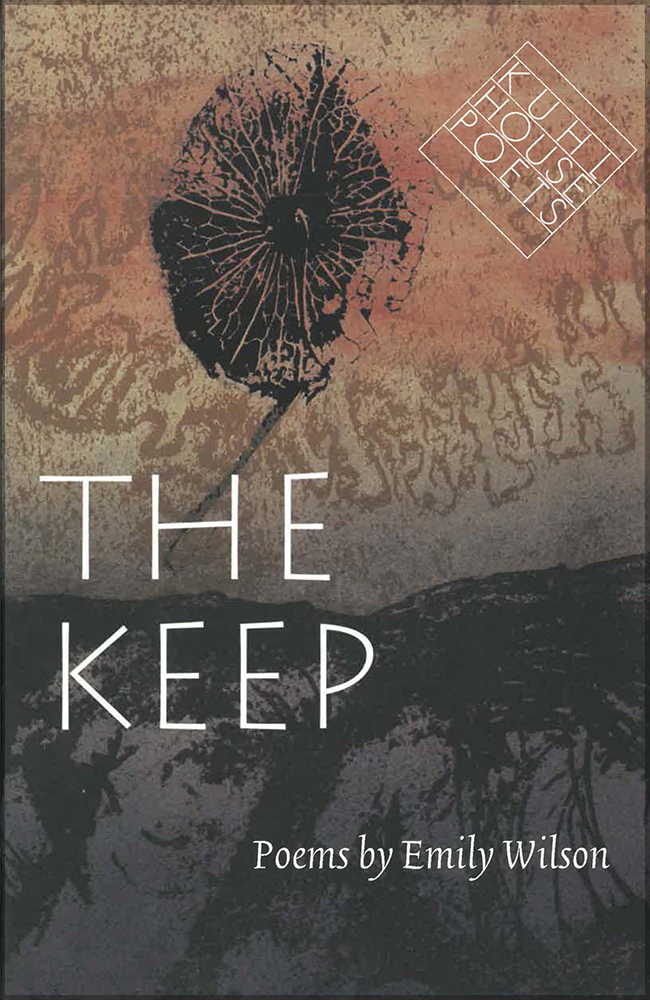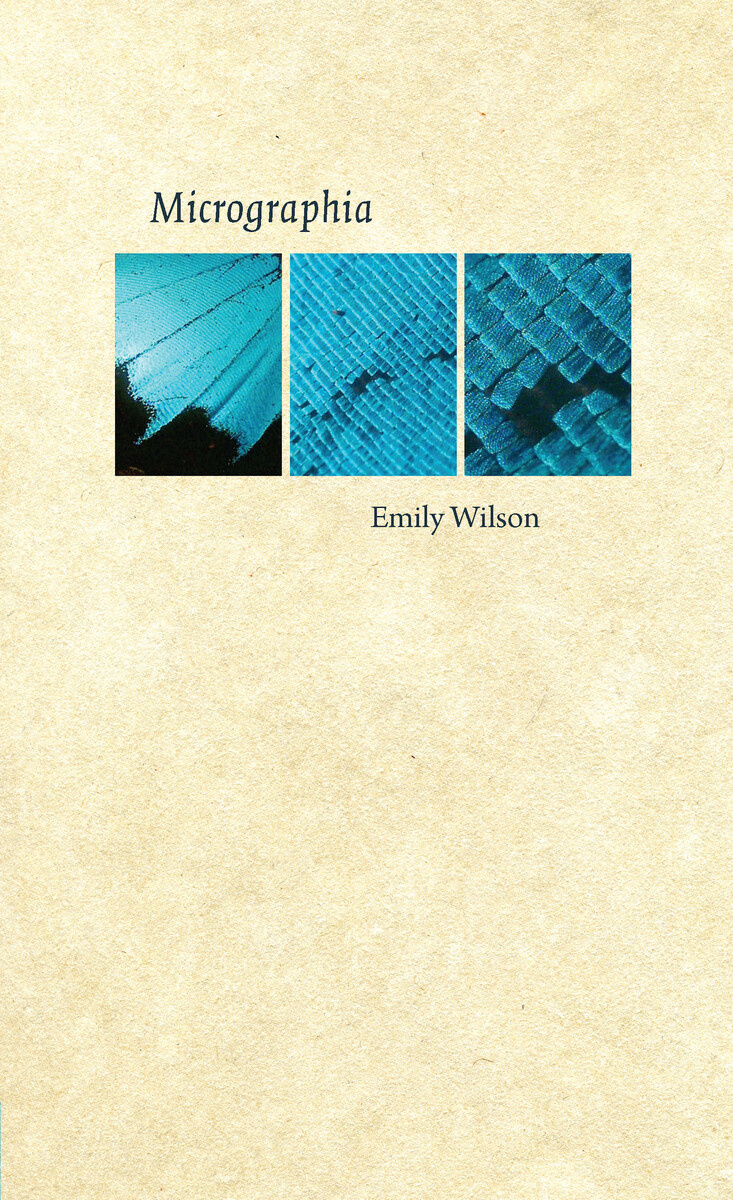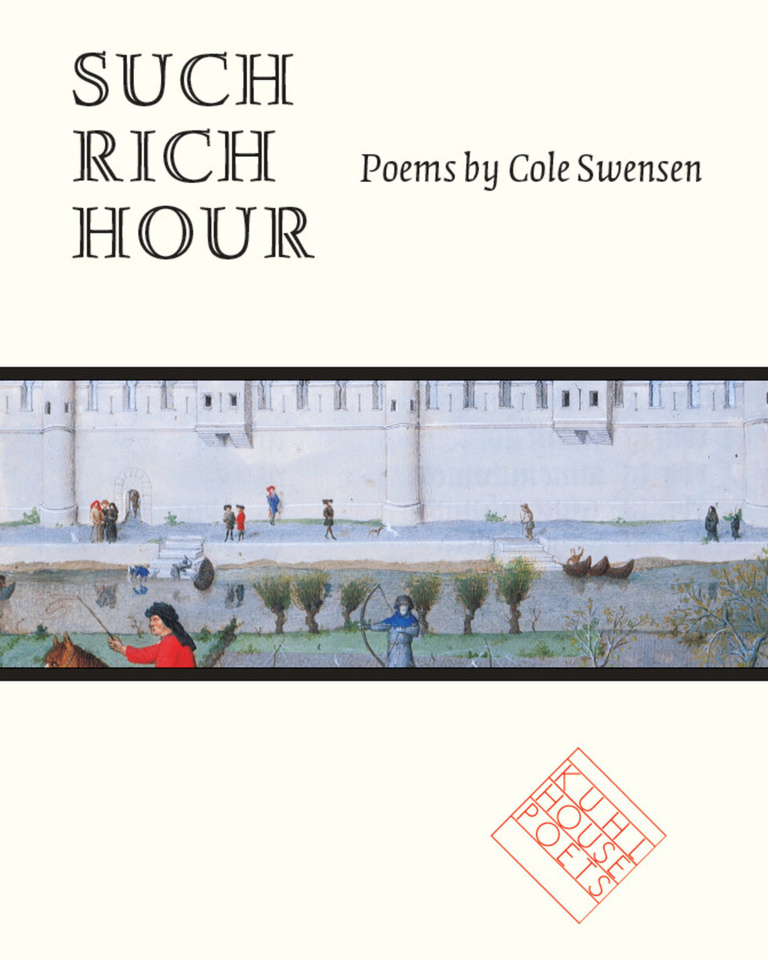The poems in The Keep are influenced by art, by paintings, by “thinking about abstraction and figuration and the space between, beauty apprehended and lost, the divine apprehended and lost.” Emily Wilson's poems are also saturated with nature; from “the great oaks emptying, russet, gusseted” to “the caribou mov[ing] through us beyond numerous,” each image connects the natural world of tides and marshes and forests to the human world of documentation and preservation. The image of the keep as a place of safety and as a kind of prison also informs this very strong collection.
“‘Someone must know what is called for / to be mortal, / to go up close,’Emily Wilson says early in her astonishing debut, The Keep—and then shows us precisely what is called for: the calibration of ruin and song, a figuring of 'the slim pass between good / and untenable,' and a vision courageous enough to live with there being no easy negotiating of that pass, unless via the poems themselves—deft, spare, striking in their refusal to acquiesce to the late uneasiness with authority and in their ability to make of the natural world a place seen as if for the first time. Wilson's is a powerful, original, and long-necessary voice.”—Carl Phillips
The Keep
Is this a kind of progress? This slip-bead
morning through which the rains keep
missing only the scarcely illuminated tread
of clover at the heels of swart pines. Sleep
counters me both ways. I fail to advance
in my own precession by the dark
calendar needles. I will not advance
but by the strange calamities that work
as on shallops of calmed water, a slow
going nowhere kind of motion toward
centermost. You are not here. Below
not borne by branches. You are not that bird,
so rigged as to catapult free
as if I'd the will you would change me.



